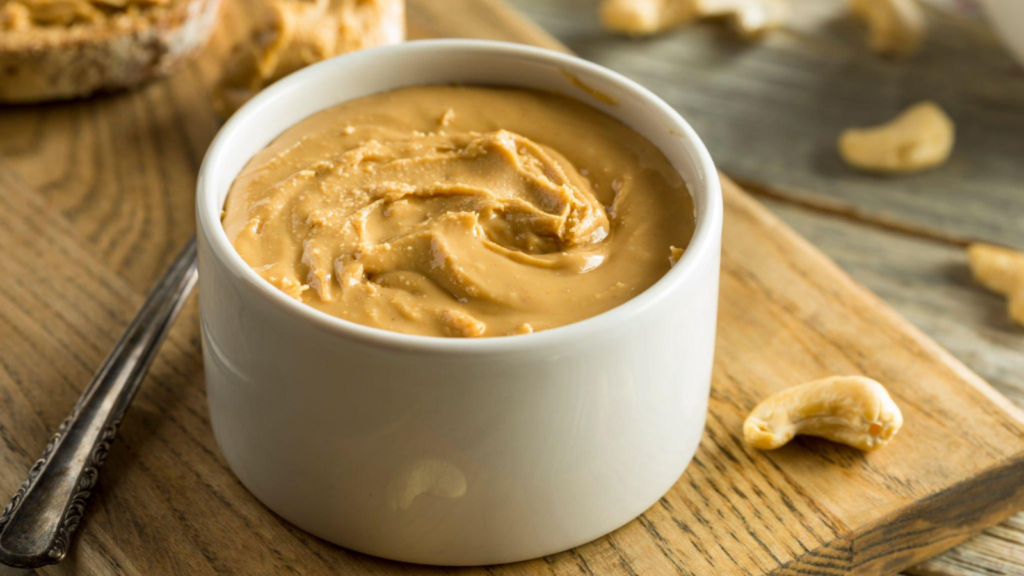Sausage is a beloved food around the world. It can be found at summer barbecues, heartwarming breakfasts, and gourmet restaurants. But the question remains: is sausage healthy? In this article, we’ll dive into the nutritional aspects of sausage, weigh its benefits against potential drawbacks, and explore various types of sausage to give you a well-rounded view.
Understanding Sausage: The Basics
Sausage is a meat product typically made from ground meat, fat, and various seasonings, all encased in a skin. This versatile dish comes in many forms, including:
- Fresh sausage
- Smoked sausage
- Dried sausage
- Breakfast sausage
- Italian sausage
Nutritional Components
Let’s break down the nutritional components of sausage:
| Nutrient | Amount (per 100g) | Daily Value (%) |
|---|---|---|
| Calories | 300 | 15% |
| Protein | 12-30g | 24-60% |
| Total Fat | 20-30g | 31-46% |
| Saturated Fat | 5-10g | 25-50% |
| Cholesterol | 70-110mg | 23-37% |
| Sodium | 500-1200mg | 22-52% |
Types of Sausage
Not all sausages are created equal. The type of sausage you choose can significantly impact its healthiness. Here’s a quick guide:
- Lean turkey or chicken sausage: Lower in fat and calories, a healthier option for protein seekers.
- Pork sausage: Flavorful but often high in fat and calories.
- Beef sausage: Rich in iron but can also be high in saturated fat.
- Vegetarian or vegan sausage: Plant-based options can be lower in fat but check for sodium levels.
Health Benefits of Sausage
Despite its reputation, sausage can have some health benefits when consumed mindfully.
- High in Protein: Sausage is an excellent source of high-quality protein, essential for muscle repair and growth. For athletes or those with active lifestyles, protein intake is crucial.
- Nutrient Dense: Some sausages, especially those made from lean meats or with added vegetables, can provide essential vitamins and minerals like iron, zinc, and B vitamins.
- Convenient and Versatile: Sausage is easy to prepare and can be incorporated into various dishes. It adds flavor and can make meals more satisfying.
- Enjoyment and Tradition: Food is often about enjoyment and tradition. Sausage can play a central role in cultures and celebrations. It’s okay to indulge occasionally, especially if it brings joy.
Potential Drawbacks of Sausage
While there are benefits, there are also concerns to consider when asking is sausage healthy.
- High in Saturated Fats: Many sausages are high in saturated fats, which can lead to increased cholesterol levels and heart disease. The American Heart Association recommends limiting saturated fat to less than 10% of total daily calories.
- Sodium Content: Processed sausages often contain high levels of sodium, which can contribute to hypertension and cardiovascular problems.
- Preservatives and Additives: Some sausages contain nitrates and nitrites, preservatives linked to certain health risks, including cancer. Always check the ingredient list to avoid these additives.
- Caloric Density: Sausage can be calorically dense. For those watching their weight, it’s easy to overindulge without realizing it.
Making Healthier Choices
- Choose Leaner Varieties: Opt for sausages made from turkey, chicken, or plant-based ingredients. These tend to be lower in fat and calories.
- Watch Portion Sizes: Consider enjoying smaller portions. Pair sausage with plenty of vegetables to create a balanced meal.
- Check Labels for Ingredients: Look for sausages with minimal additives. Ideally, choose products with whole-food ingredients.
- Cook Wisely: How you cook sausages matters. Grilling, baking, or pan-searing can reduce fat content compared to frying.
Real-Life Examples
Case Study: The Weekend Breakfast
Consider a weekend breakfast scenario. You might opt for:
- Two links of pork sausage (around 400 calories).
- One serving of scrambled eggs (about 140 calories).
- Whole-grain toast (100 calories) with avocado (80 calories).
This meal totals around 720 calories, packed with protein. To make it healthier, substitute one sausage link with a turkey sausage or a veggie sausage, reducing saturated fats and calories significantly.
A Balanced Meal
Imagine preparing a stir-fry that incorporates sausage with plenty of vegetables:
- One turkey sausage (150 calories)
- Bell peppers, broccoli, and carrots (100 calories)
- Brown rice (215 calories)
For a total of 465 calories, you get a nutritious, balanced meal with fiber, vitamins, and proteins.
Is Sausage Healthy for Weight Loss?
When considering if sausage is healthy for weight loss, the answer often depends on the type and serving size. Lean varieties like turkey or chicken sausage can be lower in calories and fat, making them more suitable for weight loss diets. They also provide protein, which helps keep you full. However, traditional pork or beef sausages can be high in calories, saturated fats, and sodium, which might hinder weight loss efforts. To incorporate sausage healthily, focus on portion control and pair it with plenty of vegetables to create balanced meals that support your weight loss goals.
Is Sausage Healthy for Breakfast?
Is sausage healthy for breakfast? The answer depends on the type of sausage and how it’s prepared. Sausage can be a flavorful source of protein, providing energy to start your day. Lean options, such as turkey or chicken sausage, are lower in saturated fat and calories, making them a healthier choice. However, traditional pork sausage is often high in fat and sodium, which can be less suitable for a balanced breakfast. To make sausage healthier, consider pairing it with whole grains, fruits, or vegetables. This combination adds fiber and nutrients, resulting in a satisfying, nutritious morning meal.
Conclusion: Is Sausage Healthy?
In conclusion, the question is sausage healthy depends on various factors, including the type of sausage, serving size, and accompanying ingredients. While sausage can be part of a healthy diet, moderation is essential.
Choosing leaner options, watching portion sizes, and being mindful of added ingredients can help you enjoy sausage without compromising your health.
So, the next time you bite into a juicy link, remember: sausage can be enjoyed as part of a balanced lifestyle, just like any other food. Embrace the joy of eating while keeping your health in mind!
By incorporating diverse types of sausages and understanding their nutritional implications, you can enjoy this savory delight without guilt. Happy eating!


